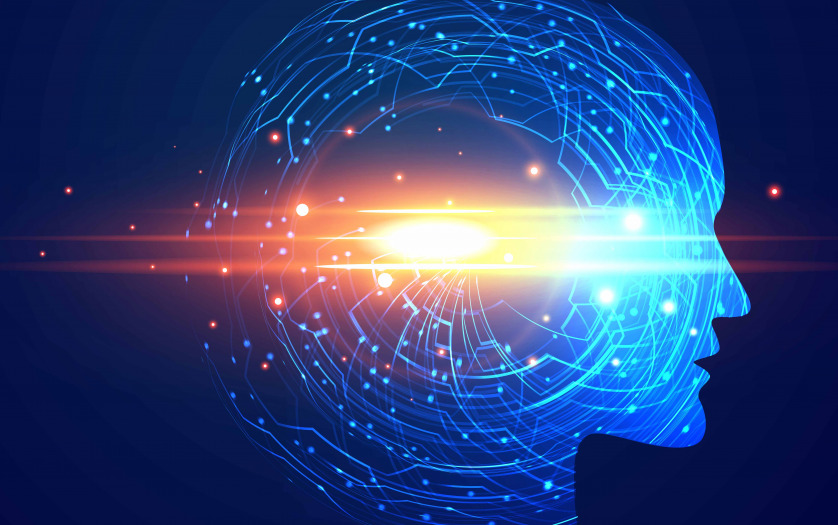
A computer model programmed to build comprehensive neural networks out of multiple brain images and datasets can aid in detecting ADHD, according to a new study.
Artificial intelligence can significantly improve the accuracy of neural models using MRI brain scans to detect attention deficit hyperactivity disorder (ADHD), according to a study recently published in Radiology: Artificial Intelligence.
The study, conducted by researchers from Ohio’s University of Cincinnati and the Cincinnati Children’s Hospital Medical Center, centers on the emerging idea of using brain imaging to detect signs of ADHD in patients. Currently, there is no single, definitive test for ADHD — diagnosis comes after a series of symptom and behavioral tests.
Research, however, suggests that ADHD can potentially be detected by studying the connectome — a map of the brain’s neural connections built by layering MRI scans of the brain, known as parcellations. Some studies suggest that a disrupted or interrupted connectome is linked to ADHD.
Most research so far has involved the “single-channel deep neural network” (scDNN) model, where artificial intelligence helps a computer construct connectomes based on one parcellation. In this study, scientists developed a “multichannel deep neural network model,” or mcDNN, where connectomes are constructed based off of multiple parcellations. These multi-scale parcellations came from brain datasets of 973 participants.
The study opens the doors for brain imaging and deep neural networks, or deep learning, to aid in detecting other conditions. “This model can be generalized to other neurological deficiencies,” He said, noting that this mcDNN model is already used to predict cognitive deficiency in pre-term infants, for instance, to predict neurodevelopmental outcomes at age two.








